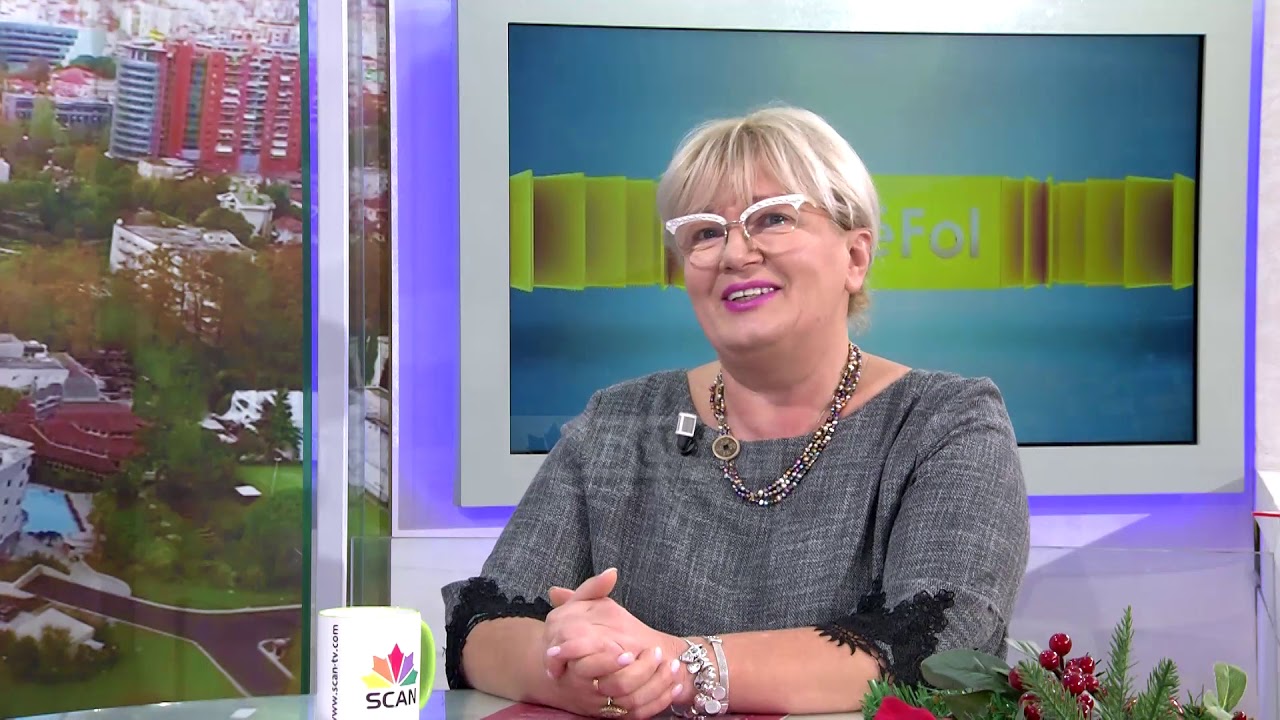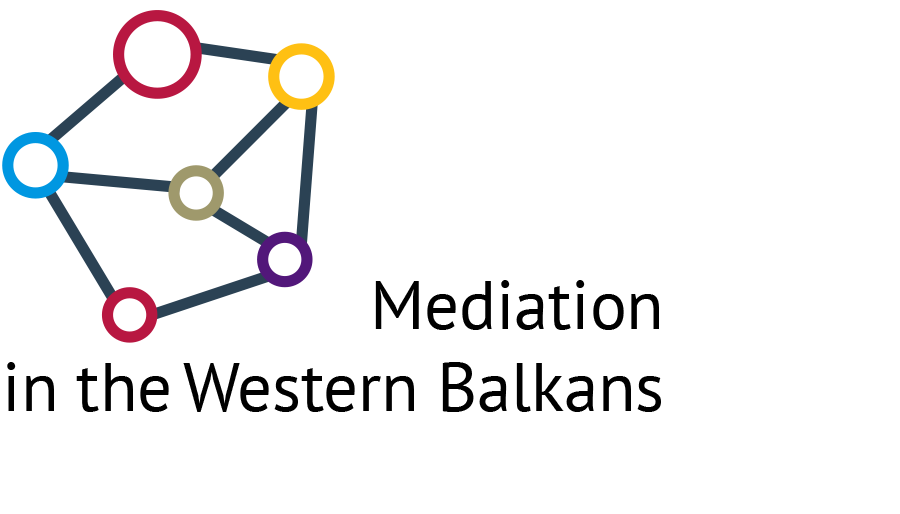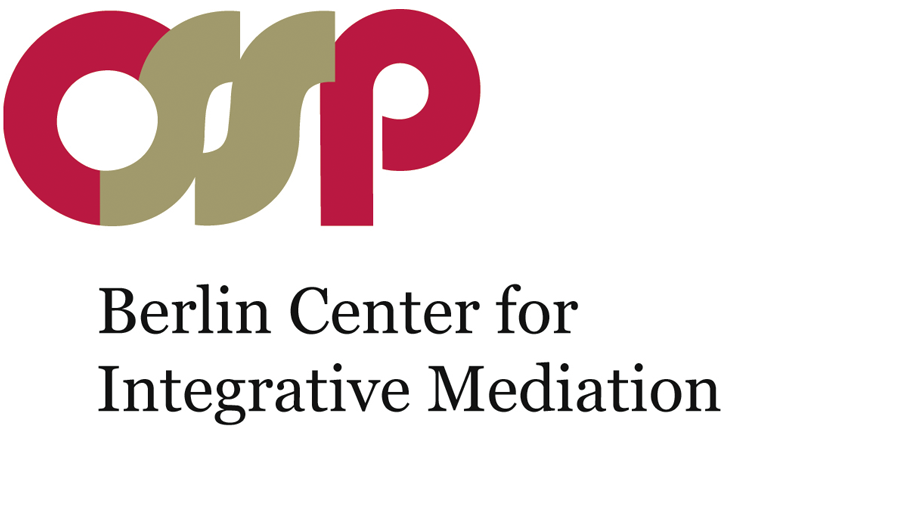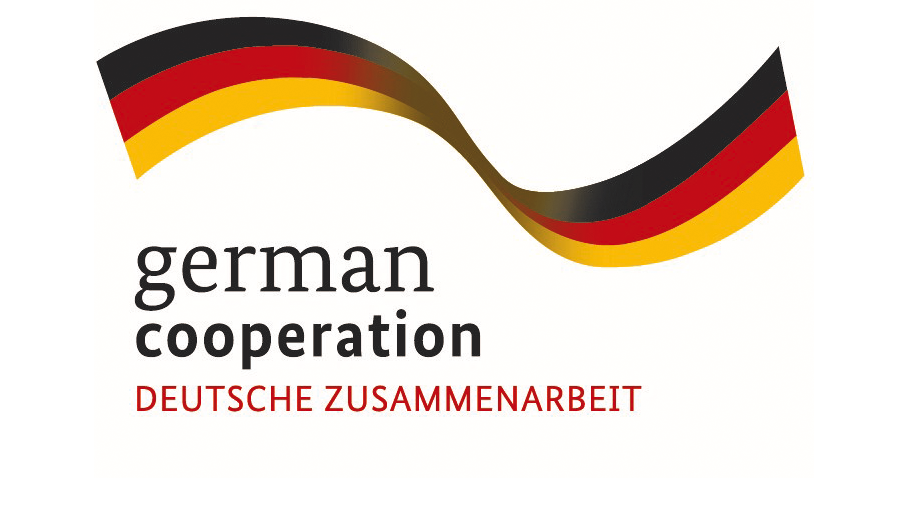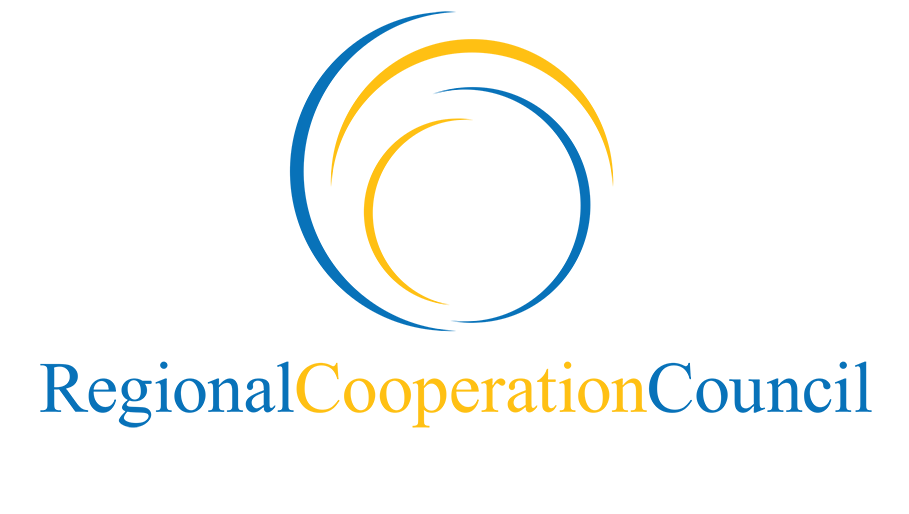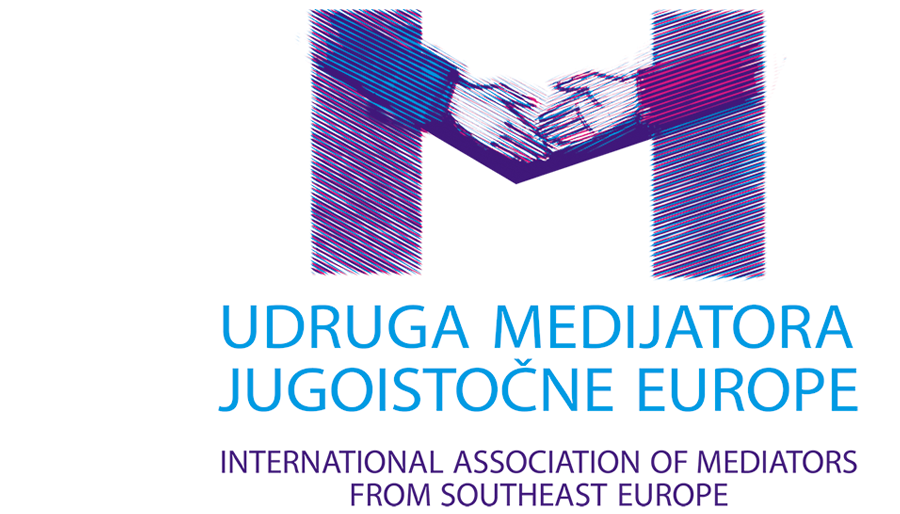EDUCATION
2011–2015 Doctor of Science in Albanian Migration Albanian Studies Institute, Tirana (Albania) 2009–2011 International Master of Science in Politics and Territorial Governance and Conflict, Level II University of PALERMO, Institute of Political Formation FADRE ARRUPE and MAGIS, Palermo (Italy)
2007–2008 Diploma as Internal Auditor in Public Sector No. 0314,
Dec 2008 STATE QUALIFICATION COMMISSION, Ministry of Finance, Tirana (Albania)
2003–2006 Different training courses in public administration, migration issues, European integration, women in leadership, human rights Soros, UNDP, USAID, DAP and TIPA, OECD, World Bank, EU, Tirana (Albania)
2003–2005 Advanced postgraduate studies in Public Finance London Public Finances CIPFA and Accounting Institute and Excellence Center for Finance Slovenia CEF, Tirana (Albania) Advanced postgraduate studies for Public Finances and International Audit, organized by London Public Finances and Accounting Institute CIPFA and Excellence Center for Finance Slovenia CEF and Ministry of Finance, Albania (Kooledorian University Glasgow Project)
1997–2005 Lawyer Degree Law Faculty of University of Tirana, Tirana (Albania) 1983–1988 Industrial Economics Faculty of Economics, University of Tirana, Tirana (Albania)
EXPERIENCE
2013–Present Chair of National Mediation Chamber National Mediation Chamber, Tirana (Albania) ▪ highly involved in the mediation processes ▪ coordinating mediation development programs in conjunction with EU institutions ▪ involved in project management process and EU twinning project on mediation ▪ counterpart interlocutor of the Resident Advisor of the EU twinning to support development of alternative dispute resolutions 2006–2013 The National Commissioner for Refugees; Director of the Directorate for Citizenship and Refugees and MARRI Regional Coordinator Ministry of Interior, Tirana (Albania) ▪ make sure that the national asylum system is fully implemented ▪ develop a strategy to improve the response to emergency situations ▪ advise and provide technical support to country staff on planed registration activities ▪ coordinate registration activities between countries and field offices to ensure consistency of data ▪ support coordination of emergency preparedness and response measures concerning registration liaising with Regional Registration officers and Headquarters for responses. ▪ focusing on the fight against crime that undermines EU policies such as human trafficking, smuggling, cyber-crime and by helping to tackle corruption ▪ strengthening police cooperation ▪ improve border control and ensure border control agencies effectiveness ▪ develop data sharing agreements with regional registration offices ▪ involved in different regional initiatives and projects
2002–2006 Head of Human Resources Sector Ministry of Agriculture, Tirana (Albania) ▪ perform all HR functions including staffing, training, benefits, recognition programs and initiatives ▪ evaluate HR system based on compliance regulations and ministry's HR policies ▪ positioned as point of contact for all directors of each directory or department in the ministry regarding labor relations and contract negotiation, terminations or health and welfare issues ▪ Recruit new staff and ensure maximum performance ▪ Leading operations within the HR team
1992–2002 Head of Economic Department General Directorate of Railways, Durres (Albania)
1988–1992 Human Resources Director General Directorate of Railways, Durres (Albania)
Dear Organizers
Dear the member of Panel and dear my colleagues
I take this opportunity to thank the organizers of this conference who, although in difficult times like this pandemic which affected us all and continues to make our lives difficult, they found a way to realize it again, even in other conditions. Mediation and justice in the western Balkans, strengthening ties, exchanging experiences and bringing best practices from each of the countries and organizations we represent, will be an added value not only for us as mediators or professionals in the field of mediation and law but also for the community which is the bottom line which benefits this service.
In the capacity of the Head of the National Chamber of Mediators in the Republic of Albania, since day 1 when this chamber was formed and came to life I can say with conviction that at that time I never thought that today in front of you I would have come so hopeful and enthusiastic for all the journey that this chamber together with mediators and other national and international actors, central and local institutions has done. Today this profession is regulated in Albania with a legal framework which can be considered by the best in the region and beyond, with the help of international organizations and in the framework of justice reform this profession was given an important emphasis.
Today there are over xxx individuals who have completed the initial training, of which 37 have been practicing this profession successfully for years now.
Thanks to the support of the Ministry of Justice as well as the Twinning programs of the European Commission, USAID cooperation projects, with Save the Children, Terre d'homes or CSSP, recently we have worked not only in terms of improving service, community awareness but also increasing professional and quality of intermediaries, which has made since 10-17 cases resolved in 2013 when the room was created, they are over 2700 cases for 2019.
There has also been awareness across the judicial spectrum regarding this new practice which not only facilitates the work of the courts but also resolves in record time, at minimal cost, several years of conflict and problems between individuals. Thanks to the agreements with the HJC, the School of Magistrates, the General Prosecutor, the Association of Bailiffs and that of Notaries, this profession has been shaped and more and more all those individuals or societies that have disagreements are turning their heads towards it.
It has been difficult for years to discuss this alternative with judges or prosecutors or even lawyers. Perhaps this came as a result of lack of information, doubts about the mediator's professionalism, fears that we might take their job, the force of habit that cases can only be resolved in court or the prosecutor's office or other reasons. But today I can honestly tell you that the cornerstone has been laid, it has been very difficult and there are still difficulties but thanks to the support of higher organs of justice, numerous trainings conducted with national and international partners within the projects of previously mentioned, changes in legislation, the inclusion of mediation in the curricula of the magistrate school a new wind has begun to blow, mostly it is breezy but still hopeful.
In this context, this conference, which has undertaken to strengthen ties, I think is what we want most. The court is there just like the prosecution, there are also the lawyers and we do not want to change this, but we as mediators suggest that:
"Before going to court to resolve conflicts, no one loses anything to try mediation as an alternative."
Despite the fact that there are hundreds of thousands of laws in the books, many common conflicts of daily life are not worth going to court. Disputes between family members, employees, or neighbors can already be resolved without going before the black platoon. Courts hear many cases that slow down their work and reduce the quality of justice, while many conflicts can and should be resolved through mediation. This will reduce cases and increase the efficiency of the courts.
If you have a problem that you claim to take to the court, now be given the opportunity to pursue another link, which can save you the hassle of litigation. People in Albania have tried it and they are satisfied, the courts are referring cases (although very few) but this is better than nothing. I hope that this conference will find ways or forms for the courts to resume referral cases, this would be a victory.
The purpose of mediation is to bring the parties to the conflict into an agreement. Large states, such as those of the European Union, have developed policies aimed at reducing the burden on the courts and indirectly improving the quality of justice, through mediation or other procedures. This should be done by us as countries of the Western Balkans.
The development of mediation in Albania and in the countries of the Western Balkans still remains a challenge, a difficult one but also beautiful.
Important is the impact on the evolution of our society and its mentality, gradually creating the idea in it, that the conflict thought of as a dead end and going to court are not the only way to resolve their disputes, but there is another, more peaceful way, which compromises in the foreground, mediation. And to achieve this we all need to work together seeing it as a common good.
Wishing you success once again, thank you for your attention and sucxeful the Conference!
